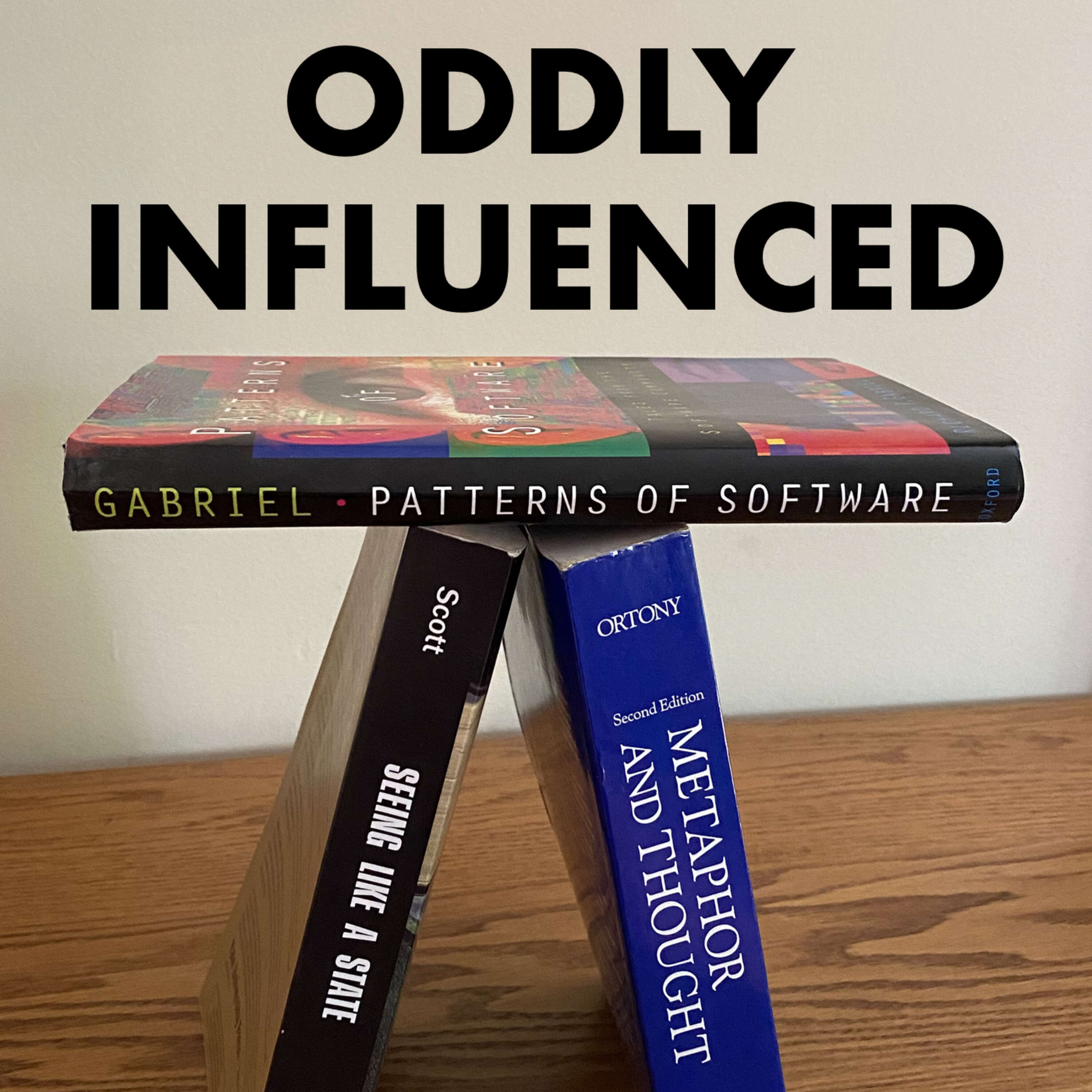Roles in collaborative circles, part 2: creative roles
The last in the series on collaborative circles. The creative roles in a collaborative circle, discussed with reference to both Christopher Alexander's forces and ideas from ecological and embodied cognition. Special emphasis on collaborative pairs.Sources Michael P. Farrell, Collaborative Circles: Friendship Dynamics and Creative Work, 2001 Louise Barrett, Beyond the Brain: How Body and Environment Shape Animal and Human Minds, 2011 Anthony Chemero, Radical Embodied Cognitive Science, 2011 Mentioned Emily Dickinson, "A narrow Fellow in the Grass", 1891 (I think version 2 is the original. Dickinson's punctuation was idiosyncratic, but early editions of her poetry conventionalized it.) Talking Heads, "Psycho Killer", 1977 Paul Karl Feyerabend, Killing Time: The Autobiography of Paul Feyerabend, 1995 Michael J. Reddy, "The conduit metaphor: A case of frame conflict in our language about language", in A. Ortony (Ed.), Metaphor and Thought, 1979 (wikipedia article) Ken Thompson, "Reflections on Trusting Trust" (Turing Award lecture), 1984 CreditsThe picture of the umbrella or rotary clothesline is due to Pinterest user MJ Po. Don't tell Dawn it's the episode image.

